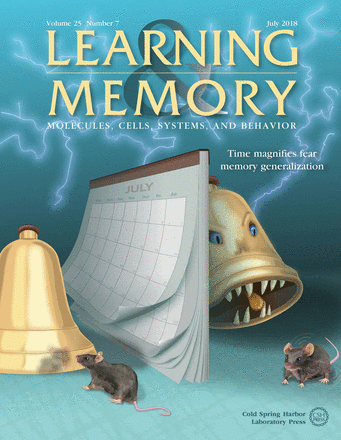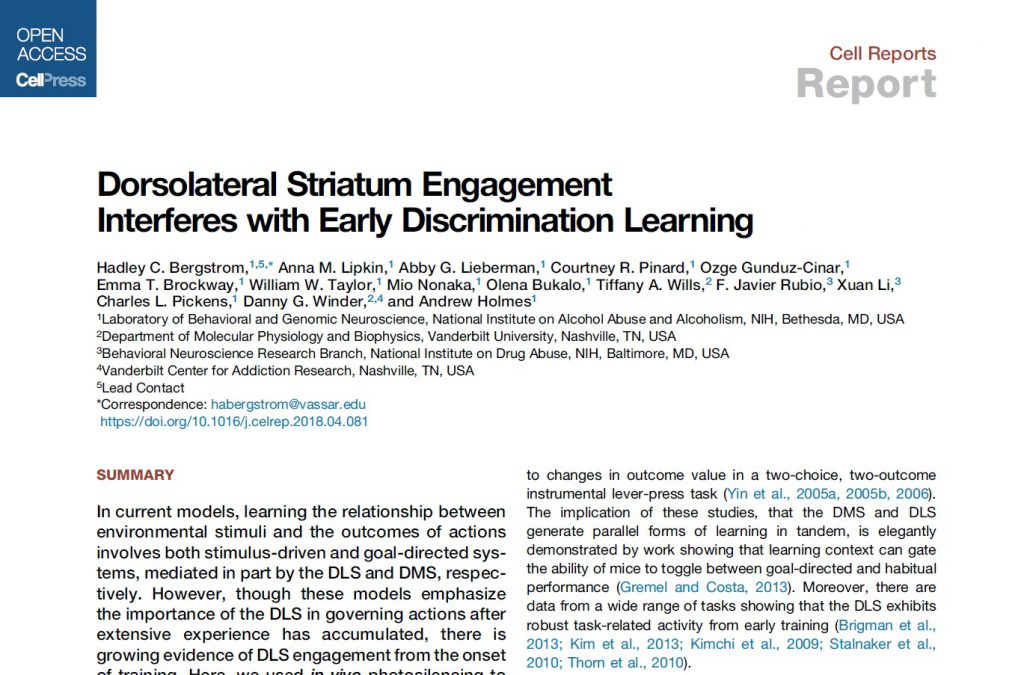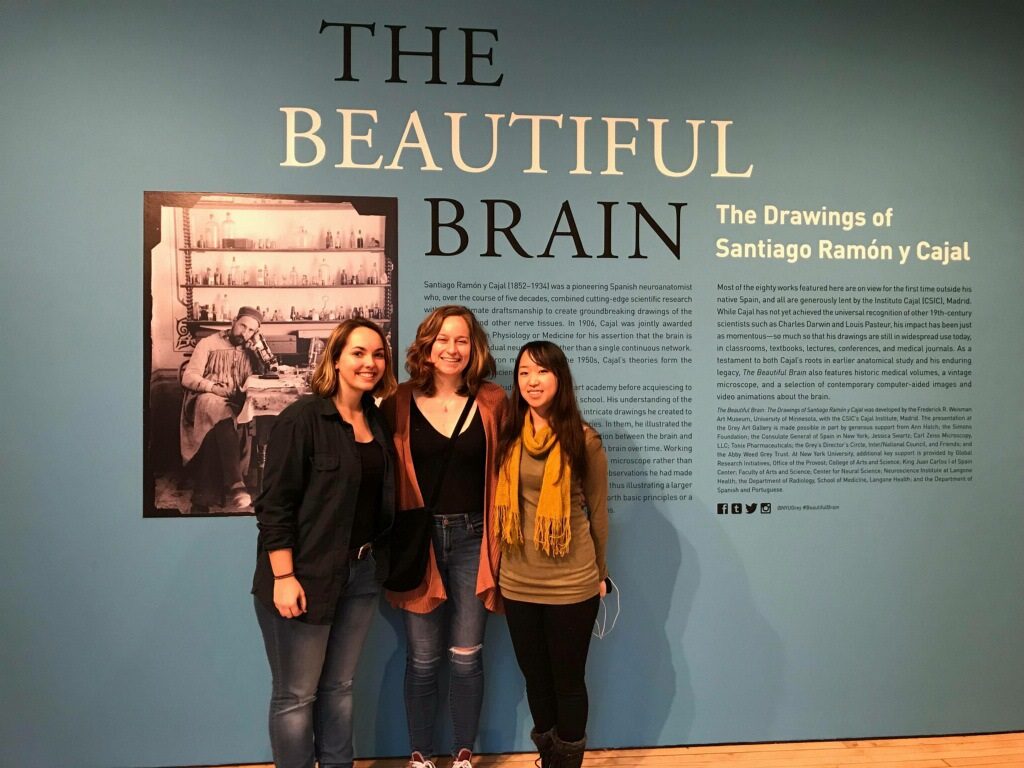Interested in improving the transparency of science? Take a look at our newest paper in The Journal of Neuroscience Research.
Prager EM, Chambers KE, Plotkin JL, McArthur DL, Bandrowski AE, Bansal N, Martone ME, Bergstrom HC, Bespalov A, Graf C (2018). Improving transparency and scientific rigor in academic publishing (2018). The Journal of Neuroscience Research. In press
Prager_et_al-2018-Journal_of_Neuroscience_Research
Progress in basic and clinical research is slowed when researchers fail to provide a complete and accurate report of how a study was designed, executed, and the results analyzed. Publishing rigorous scientific research involves a full description of the methods, materials, procedures, and outcomes. Investigators may fail to provide a complete description of how their study was designed and executed because they may not know how to accurately report the information or the mechanisms are not in place to facilitate transparent reporting. Here, we provide an overview of how authors can write manuscripts in a transparent and thorough manner. We introduce a set of reporting criteria that can be used for publishing, including recommendations on reporting the experimental design and statistical approaches. We also discuss how to accurately visualize the results and provide recommendations for peer reviewers to enhance rigor and transparency. Incorporating transparency practices into research manuscripts will significantly improve the reproducibility of the results by independent laboratories.
P
Congrats to Miranda Scarlata, recipient of the Thompson-Bartlett Fellowship for Women in Science, Mathematics and Computer Science!
Thompson-Bartlett Fellowships for Women in Science, Mathematics and Computer Science
The Thompson-Bartlett Fellowships for Women in Science, Mathematics and Computer Science have been created to encourage highly motivated women to pursue summer opportunities that will allow them to build their scientific, mathematic and computer science knowledge and advance their career goals. This opportunity is open to sophomore and junior women majoring in STEM fields who are either U.S. citizens or permanent residents who have applied for naturalization. Applications are due April 15th. Five recipients are awarded $5000 each.
This Fellowship is offered to open up opportunities for women and remedy past discrimination faced by US women entering science fields. Strong preference will be given to applicants majoring in Computer Science, Mathematics, Chemistry or Physics. Preference will be given to applicants majoring in Biochemistry, Biology or Neuroscience. It is strongly recommended that all applicants have taken 1-2 (or more) college courses in mathematics. Summer opportunities may be in industry or research/lab-based, but on- or off-campus research opportunities with Vassar faculty are not eligible. Previous recipients are not eligible to apply.
Supported through a generous gift from Dede Thompson Bartlett ‘65, women are encouraged to seek internships and research positions in corporate, university, or medical fields in which women have been historically under-represented. This Fellowship has been established to honor Emilie Jones Thompson, Ms. Bartlett’s mother, a champion of higher education who overcame enormous obstacles to graduate at age 45 with honors from New York University.
Check out write-up in “Vassar stories”!
https://stories.vassar.edu/2018/180817-mini-scope-reveals-workings-of-the-brain.html



